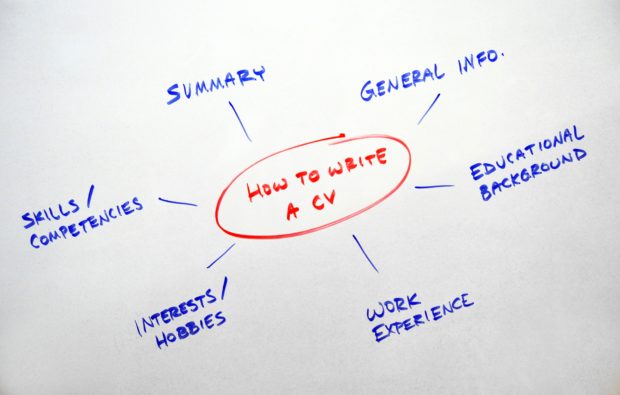How to Write a Great Freelancer CV

As anyone who has tried it knows, freelancing isn’t easy. Finding clients and building up a portfolio all take time and effort, whatever industry you work in and whatever skills and services you provide. Sometimes you have to accept that the rewards aren’t great enough to make ends meet as a free agent, and you might decide the time has come to make the move into steady, full-time employment.
If you’re going back to full-time work or looking for a full-time position for the first time, how do you go about crafting the perfect freelancer CV? Who can you call on for references and how do you make up for the lack of office-based experience? Here are our top tips for crafting the perfect CV when transitioning from freelancing to a full-time job.
Show, Don’t Tell
You might not have worked in an office, but you’re probably highly experienced and good at what you do. The quickest way to win an employer round is to show them your experience rather than simply telling them about it in a personal statement. Put together a portfolio which showcases your best work, whether that’s the graphic design work you did for a client or the articles and blogs you’ve written. Sometimes less is more, so only pick the very best pieces of work – show them the things you’re most proud of, because attention spans are short and they probably have plenty of applications to wade through.
Be Selective in Naming Your Clients
You don’t necessarily have to list all the clients you have ever worked for, and in many ways it’s a good idea to be selective. Name your biggest clients and those who have your work displayed online, so you can direct potential employers to examples of your work in action.
Ask for References from Your Clients
Your clients have been your employers until now, so ask your contacts to write you a glowing reference. With a few ringing endorsements to add to your CV, it will be hard for potential employers to ignore you, so approach clients you know have been more than happy with your work and see if they’d be willing to lend you their support.

Tailor Your CV
All job hunters, freelance or not, should tailor their CVs to the role they’re applying for. If you’ve been working freelance then it’s worth having more than one CV rather than trying to cram everything into a single document. You’ve probably worked for clients across a range of industries and used different skillsets depending on the project in hand, and some of that experience will be more suited to one application than another. Have more than one CV prepared and make sure you send off the most relevant one for each and every application.
Don’t be too Self-Deprecating
Some employers might look down their nose at freelancers, but let’s face it, they’re probably not the sort of people you want to work for anyway. Being self-employed is a tough gig, so never underplay just how hard you’ve had to work to get this far. Don’t be too modest about your achievements or worry that people might take an ‘I told you so’ attitude when you decide you need a more permanent position. You need to sell yourself, so a bit of boasting about your successes won’t go amiss.
Keep it Short and Sweet
The average recruiter spends just six seconds looking over a resumé, so make sure you grab their attention in those precious few moments. Write a brilliant personal statement detailing your biggest achievements and the skills you’re most proud of. Your CV needs to be short but impactful if you’re going to stand a chance of getting through to the interview stages.
Remember, if you’ve worked as a freelancer then you’ve probably already experienced some of the most stressful and challenging working conditions, so this should be a walk in the park! Follow these top tips and you should breeze your way into a full-time job, whether it’s your first office role or a return to the 9-5.
Author bio:
Lizzie Exton writes for Inspiring Interns, which specialises in sourcing candidates for internships. To browse our graduate jobs London listings, visit our website.

